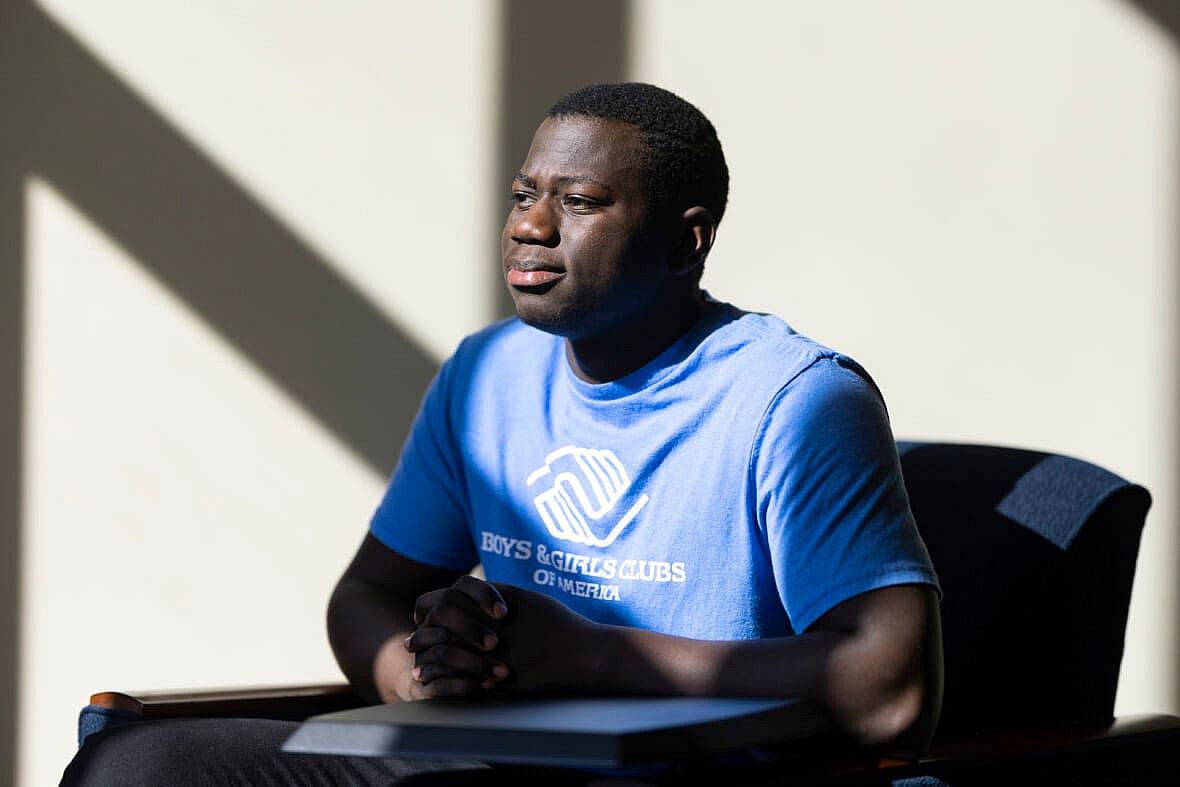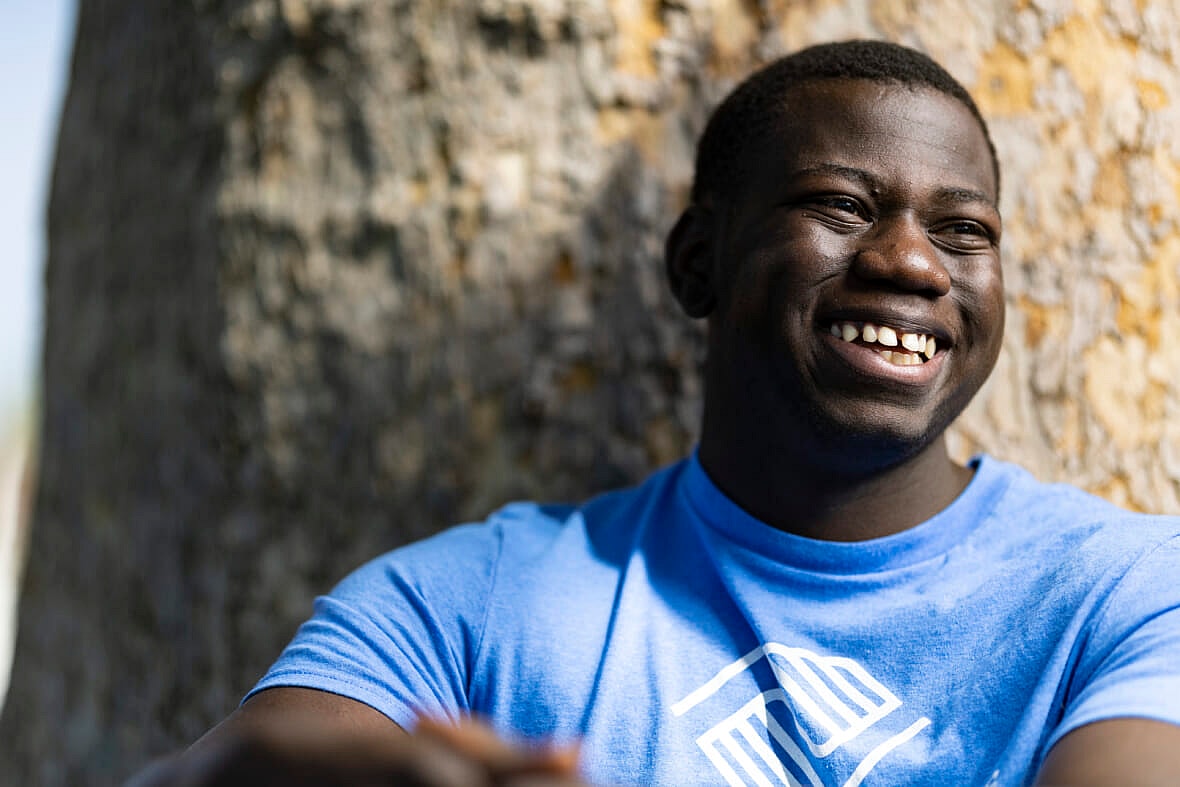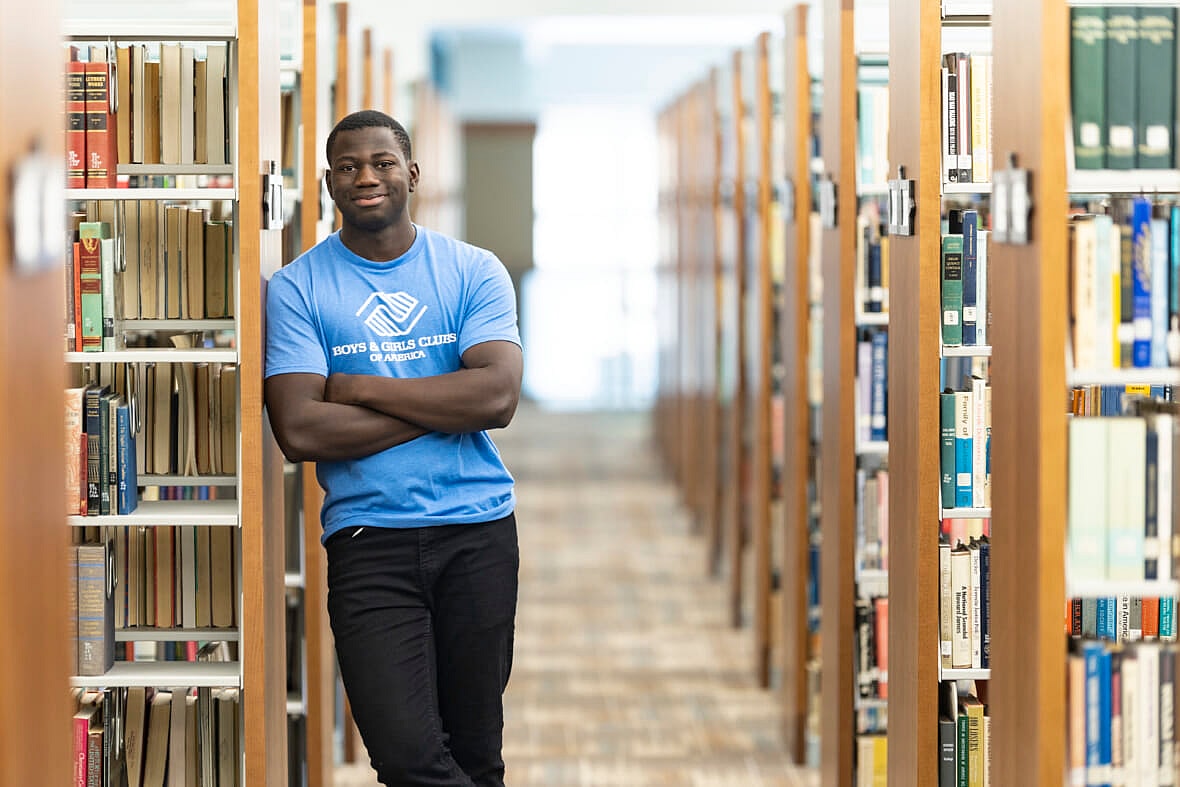There’s an old saying that adversity makes you stronger. Real life shows that’s not always true, but the adage highlights an evolving debate among scientists about resilience.
After traumatic events and crises such as child abuse, gun violence or a pandemic, what explains why some people bounce back, while others struggle to cope? Is it nature — genes and other inherent traits? Or nurture — life experiences and social interactions?
Decades of research suggest both play a role, but that neither seals a person’s fate.
Although scientists use different definitions, resilience generally refers to the ability to handle severe stress.

“It involves behaviors, thoughts and actions that can be learned and developed in anyone,’’ according to the American Psychological Association. That effort is harder for some people, because of genetics, biology and life circumstances, evidence suggests.
Landmark U.S. research in the mid 1990s linked adverse childhood experiences with poor mental and physical health in adulthood. It found that every additional adversity added to higher risks later on.
Scientists have conducted numerous studies trying to answer why some kids are more vulnerable to those experiences than others.
California pediatrician and researcher Dr. Thomas Boyce decided to dig deeper into that question because of his own family history. He and his sister, who is two years younger, were extremely close amid sometimes turbulent family circumstances. As they grew into adulthood, Boyce’s life seemed blessed by good luck, while his sister sank into hardship and mental illness.
In laboratory tests, Boyce found that about 1 in 5 kids have elevated biological responses to stress. He found signs of hyperactivity in their brains’ fight-or-flight response and in their stress hormones. Real-world evidence showed kids like these have higher rates of physical and mental troubles when raised in stressful family situations. But evidence also shows these hyper-sensitive kids can thrive with nurturing, supportive parenting, Boyce says.
Ananda Amstadter, who studies traumatic stress and genetics at Virginia Commonwealth University, said her research suggests that stress resilience is roughly half influenced by genes and half by environmental factors. But she emphasized that many genes are likely involved; there is no single “resilience gene.”

In other studies, Duke University researchers Terrie Moffitt and Avshalom Caspi have linked variations in genes that help regulate mood with increased risks for depression or antisocial behavior in kids who experienced child abuse or neglect.
But “genes are not destiny,” says Dr. Dennis Charney, academic affairs president at Mount Sinai Health System in New York, who has studied ways to overcome adversity.
Trauma can affect the development of key brain systems that regulate anxiety and fear. Psychotherapy and psychiatric medication can sometimes help people who’ve experienced severe trauma and hardship. And Charney said a loving family, a strong network of friends and positive experiences in school can help counterbalance the ill effects.
With an early childhood in Haiti marked by poverty and other trauma, 19-year-old Steeve Biondolillo seems to have beat long odds.
His desperate parents sent him at age 4 to an orphanage, where he lived for three years.
“I didn’t really understand what was happening,’’ he recalls. “I just got thrown into a big house full of other kids.’’ He remembers feeling frightened and abandoned, certain he’d live there forever.
An American couple visited the orphanage and made plans to adopt him and a younger brother. But then came Haiti’s devastating 2010 earthquake, which killed more than 100,000 and decimated Haiti’s capital and nearby towns.

“All the hope that I had suddenly vanished,’’ Biondolillo said.
Ultimately, the adoption went through, and the family eventually moved to Idaho. Biondolillo’s new life gave him opportunities he never dreamed of, but he says he was still haunted by “the baggage and trauma that I had from Haiti.’’
His adoptive parents got him involved in a local Boys & Girls club, a place where he and his brother could go after school just to be kids and have fun. Biondolillo says supportive adults there gave him space to talk about his life, so different from the other kids,’ and helped him feel welcomed and loved.
Now a college sophomore majoring in social work, he envisions a career working with the needy, helping to give back and nurture others.
It has been a journey, he says, from “scared little kid to me, proud young man with big goals and a big future.’’
TheGrio is FREE on your TV via Apple TV, Amazon Fire, Roku, and Android TV. Please download theGrio mobile apps today!

